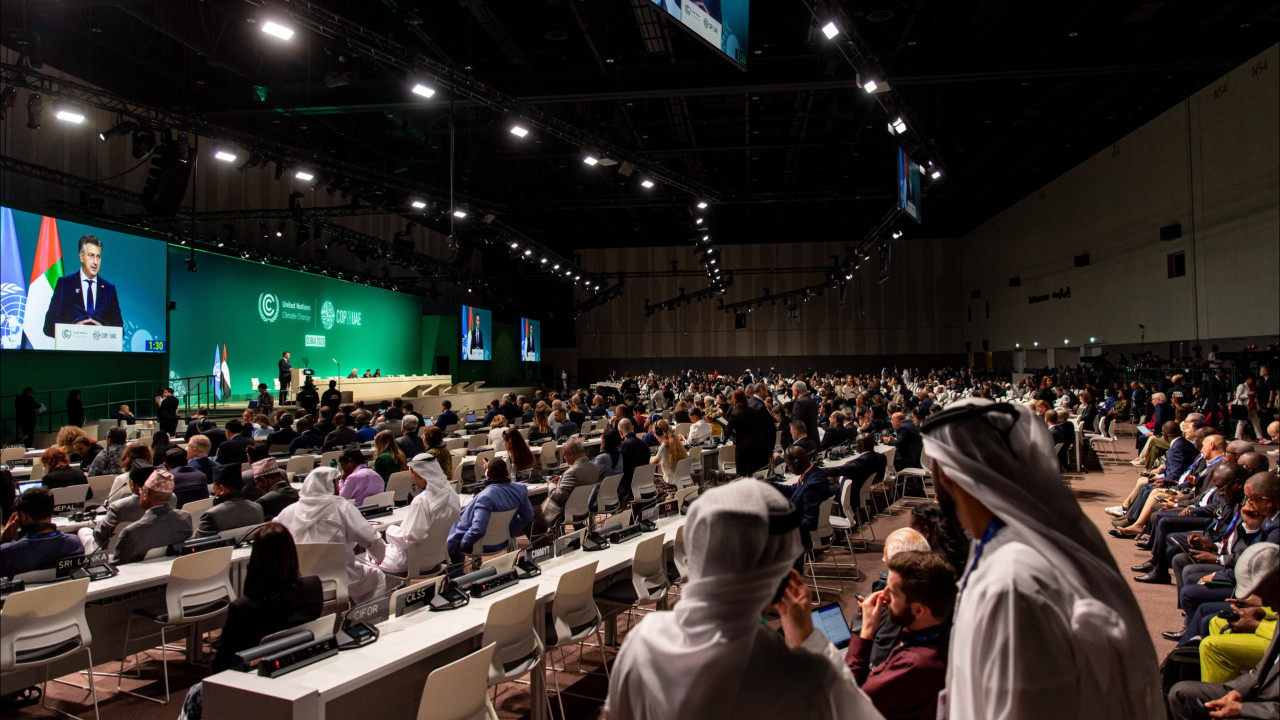
O The announcement was made by John Kerry, United States climate envoy, during the 28th United Nations Climate Change Conference (COP28), which runs until December 12 in Dubai.
China and Russia, the world’s largest nuclear power plant builders, are not among the signatories.
In addition to the United States, France and the United Arab Emirates, Bulgaria, Canada, the Czech Republic, Finland, Ghana, Hungary, Japan, Moldova, Mongolia, Morocco, the Netherlands, Poland, Romania, Slovakia, Slovenia, Sweden, Ukraine, South Korea and the United Kingdom.
“The declaration recognizes the fundamental role of nuclear energy in achieving neutrality in carbon emissions by 2050 and in maintaining the objective of (limiting global warming to) 1.5°C”, states the text.
“We know, based on the science, the facts and the evidence, that we cannot achieve carbon neutrality by 2050 without nuclear energy,” said John Kerry.
The President of Romania, Clausus Johannites, explained that nuclear energy represents for the European country “a stable energy source that contributes to energy security and decarbonization”.
The signatory countries also call on international financial institutions, such as the World Bank, to include nuclear energy in approved financing.
“There are statutory provisions, sometimes in certain international credit institutions, that exclude nuclear energy. I think this is completely obsolete,” Rafael Grossi, director general of the International Atomic Energy Agency (IAEA), told France-Presse. .
Promoters of nuclear power say it is flexible, emits virtually no greenhouse gases and is an unparalleled way to produce abundant, clean electricity.
On the other hand, some ecologists point out negative points, such as the risk of accidents and the high cost of this energy.
Read Also: COP28. António Costa speaks today to leaders at the summit
All News. By the Minute.
Seventh consecutive year Consumer Choice for Online Press.
Download our free App.
Source: https://www.noticiasaominuto.com/mundo/2453150/cerca-de-20-paises-pedem-triplicacao-de-energia-nuclear-mundial-ate-2050


